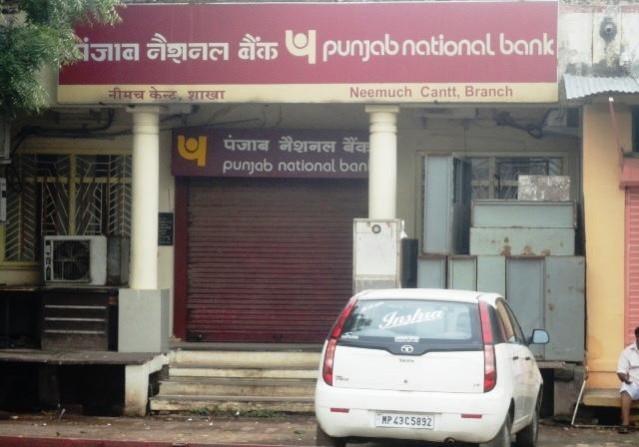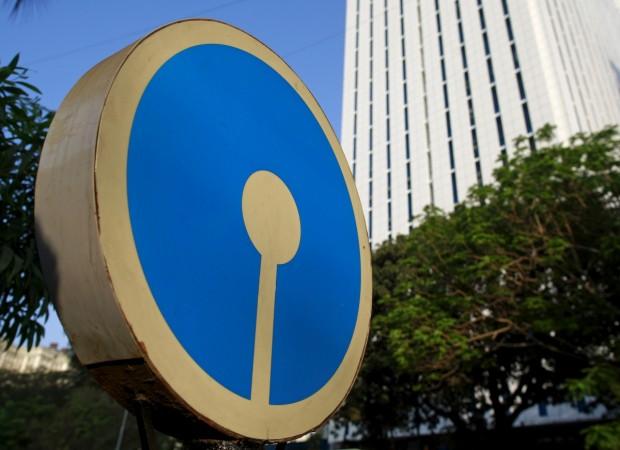
In what could be a major development in the banking sector, which is reeling under a high amount of bad loans, credit rating agency CRISIL has predicted that the non-performing asset (NPA) is expected to come down to 8 percent by the end of the current fiscal.
News agency PTI reported that the bad loans in the banking sector reached an all-time high at 11.5 percent in March 2018 and dipped to 9.3 percent in March 2018.
In its report, CRISIL noted: "Asset quality of banks should witness a decisive turnaround this fiscal (FY20) with gross NPAs reducing by 350 basis points (bps) over two years to around 8 percent by March 2020. This will be driven by a combination of a reduction in fresh accretions to NPA as well as stepped-up recoveries from existing NPA accounts."

The report further said that the NPAs in public sector banks, which account for more than 80 percent of NPAs in the entire banking system, are expected to register a fall of over 400 bps to around 10.6 percent by March 2020 from a peak level of 14.6 percent in March 2018. As per the report, the rate of NPA was halved in FY19 to 3.7 percent vis-à-vis 7.4 percent in the last financial year. The rating percentage is also expected to fall further to 3.2 percent in FY20.
Highlighting the RBI's role in the coming down of NPAs, the report further added: "This is mainly because banks have already recognised around Rs 17 trillion of stressed loans as NPAs since FY16, led by accelerated NPA recognition following the Reserve Bank of India's (RBIs) stringent norms and asset quality reviews."
The RBI has taken a series of steps for faster recovery and kept a check on the bad loans. The apex bank triggered prompt corrective action (PCA) on 11 public sector banks (PSBs).
These 11 banks were not allowed to renew or access costly deposits. Banks were also directed to launch a special drive to reduce the stock of NPAs and contain a generation of fresh NPAs. Most importantly, they were not allowed to enter into new lines of business.
Moreover, the RBI in April altered the disclosure norms for banks on material divergences on provisioning, directing that banks will now have to disclose their provisions if the divergence found is more than 10 percent of the bank's profit before provisioning and contingencies.















